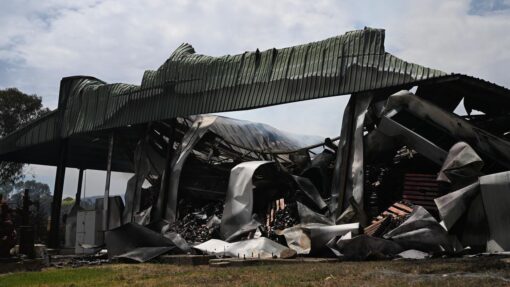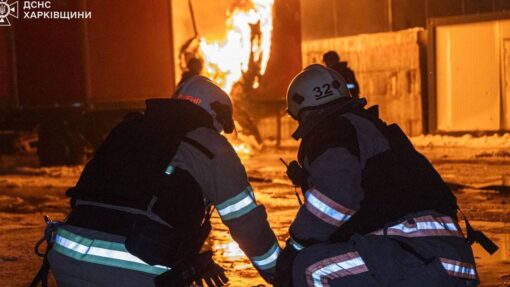Survey looks for better ways to protect seniors from extreme heat
Richard Dinnen - Queensland Editor |

It’s long been our tourism slogan, it’s on our number plates. There’s even a song about how great it is to live in the Sunshine State.
Queensland has an abundance of sunshine, making it the perfect home for people who love an outdoors life, and attractive to tourists escaping the depths of the southern winter.
But all that sunshine gives us our greatest danger. Not the crocs, the sharks, or the snakes.
Extreme heat rarely gets a mention, but it kills about 100 Queenslanders a year and more Australians than any other natural disaster.
At Queensland’s Griffith University, Shannon Rutherford and her team of researchers want to reduce the number of deaths, and they need your help.
Associate Professor Rutherford, from Griffith’s School of Medicine and Dentistry, says people over 75 are needed for a confidential survey to help develop a new early warning system for extreme heat events.
“Heat is an issue right now, and it will become more of an issue in the future.
“We need to be finding ways of identifying when those people might be at risk of getting heat-related illnesses like cramps, exhaustion and heat stroke.”
Professor Rutherford said heat warnings delivered through media usually refer to ambient temperature, but there are other risk factors for people staying indoors.
“The indoor environment can be quite different because people keep their houses closed, they might not be wearing appropriate clothing.
“They may not be drinking enough water, maybe they can’t afford to turn their air conditioning on.
“We’re trying to help individuals to better understand their risk and tailor their response to that risk.”
Older people are more vulnerable to heat for several reasons, including reduced ability to sweat, which lowers the body’s natural ability to cool.
Mobility issues, socio-economic factors, and medical conditions associated with ageing can also increase vulnerability to heat.
Temperatures vary widely across the state, from the gentler coastal regions where sea-breezes take the edge off the heat, to the scorching temperatures of inland and outback areas.
Professor Rutherford says humidity can also be a danger for older people, who may not be able to sweat as effectively as they once did.
“The primary way we remove heat from our body is through sweat.
“Someone exposed to very humid conditions, their sweat can’t evaporate because you’ve got that high moisture in the air.”
Professor Rutherford said the confidential survey will take about 30 minutes, it’s paper-based, the findings will help develop a new early warning system.
“We want to identify, for them, what the better ways of cooling might be.
“Your risk is specific to you and your house. Your ability to cool is dependent on the resources you have access to.
“We want to try to individualise the early warning strategies that we might see in the community, looking at them at the household level.”
People over 75 who live in Queensland can take part in the survey between now and November 15, and go in to a draw to win $100 retail vouchers.
You don’t need to be a digital technology user. Call the research team on (07) 5552 7903, email [email protected] or visit the survey website



